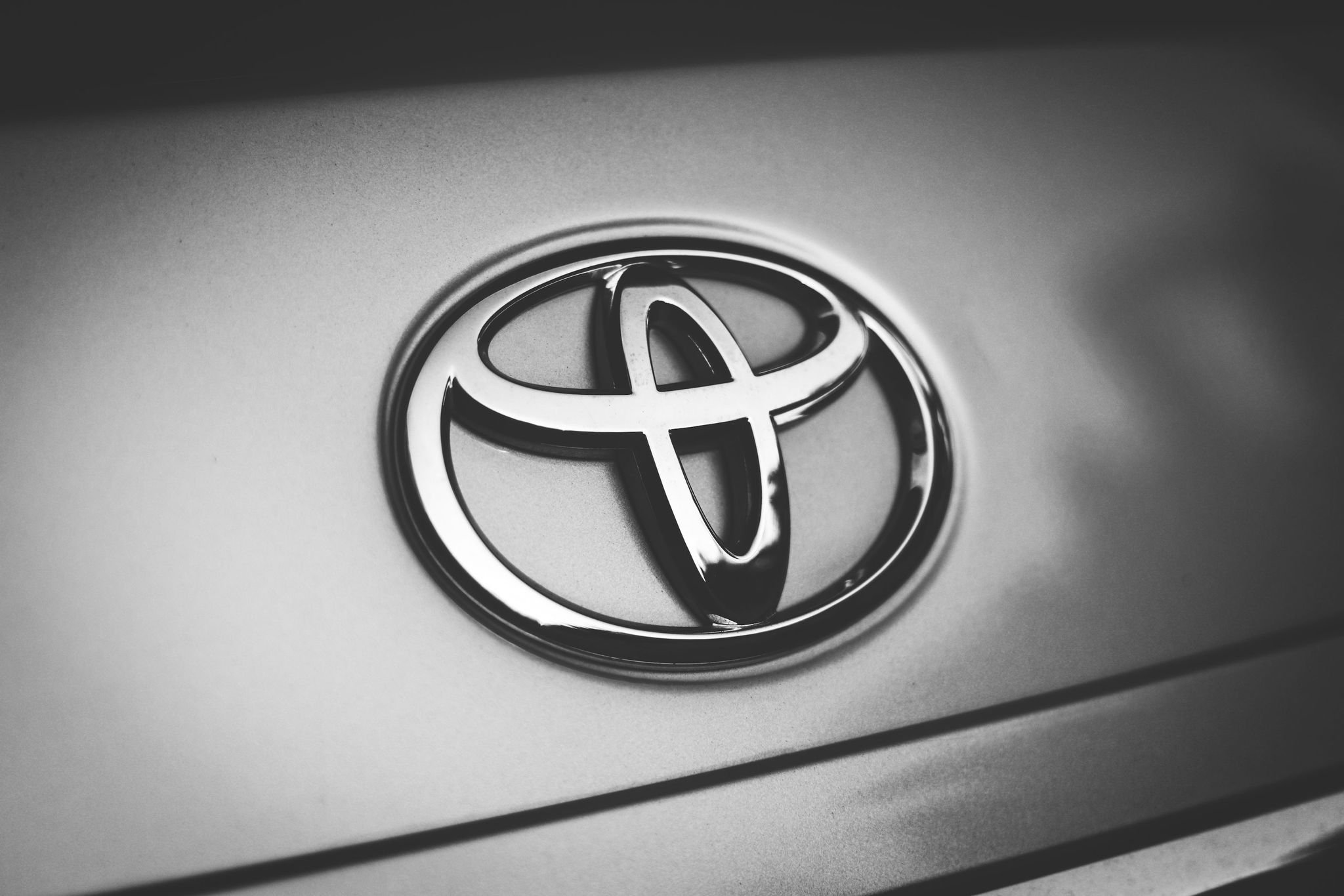
Follow WOWNEWS 24x7 on:

Key Highlights
• Toyota began as a small weaving enterprise in Japan and evolved into the world’s largest automaker, delivering over 10 million vehicles annually.
• Its legacy is built on a relentless drive for innovation—from launching lean manufacturing to spearheading green mobility with hybrids, EVs, and hydrogen cars.
• Today, Toyota’s reach spans more than 170 countries, with global strategies focusing on local production, sustainability, and advanced technologies like AI and autonomous driving.
From Loom to Legend: The Early Foundations
Toyota’s roots stretch back to 1918, when Sakichi Toyoda invented the world’s first automatic loom, revolutionizing the textile industry. With funds earned from selling this patent, his son Kiichiro Toyoda founded the automotive division that, in 1937, became Toyota Motor Corporation. The company’s guiding principle—jidoka, which means building quality into the process—was borrowed directly from Sakichi’s loom: stop and fix problems as soon as they occur. This philosophy remains core to Toyota’s DNA and inspired the famed Toyota Production System, a model for lean manufacturing that has been studied and imitated worldwide.
Innovation as a Way of Life
Toyota’s history is a streak of firsts. The launch of the Model AA in 1936 started its journey in passenger vehicles. By the 1950s and 60s, Toyota was exporting cars internationally—first to Southeast Asia, then Europe and America. The 1970s oil crises created unique opportunities for Toyota’s fuel-efficient models, particularly the Corolla, to outperform gas-hungry rivals in the US.
The ongoing pursuit of excellence brought about the Toyota Production System, which prioritized continuous improvement (kaizen), respect for people, high quality, and waste reduction. Decades later, these principles enabled the company to adapt swiftly and maintain global standards across thousands of workers and factories worldwide.
Pioneering Green Mobility
In 1997, Toyota fundamentally disrupted the automobile industry with the Prius, the world’s first mass-produced hybrid car. The Prius wasn’t just a new model—it was a signpost for a sustainable future. Millions have since been sold, significantly cutting emissions and championing fuel efficiency. Toyota didn’t stop there; it became a leader in hydrogen fuel cell technology with the Mirai, expanding the potential for low-emission vehicles.
Today, Toyota’s strategy for decarbonization covers hybrid, electric, and hydrogen vehicles, with major launches like the fully electric bZ4X and large investments in battery production facilities worldwide. The target: complete carbon neutrality by 2050.
Embracing AI and Tomorrow’s Mobility
Toyota is redefining what it means to move. Its investment in artificial intelligence and autonomous driving, notably through the Toyota Research Institute, is steering the company towards a future where cars are not just transport tools but intelligent, safe, and adaptive partners. AI-powered systems, like assisted driving technologies, aim to prevent accidents, while bold concepts such as the e-Palette reimagine vehicles as autonomous multi-use platforms—from shuttles to pop-up shops.
Global Expansion and Local Touch
Toyota’s story is also one of careful, sustained globalization. After initial hurdles breaking into Western markets, Toyota prioritized building local factories, starting in the US and UK in the 1980s and 1990s. This allowed the company to adapt vehicles to regional tastes, cut costs, and weather trade tensions. The blend of global vision and local execution—“local production for local consumption”—remains its strategy in markets from North America to Asia, Africa, and Latin America.
Social Responsibility and the Road Ahead
Toyota’s mission goes beyond cars. It is deeply invested in sustainability, corporate citizenship, and giving back to communities through philanthropy, disaster relief, education, and initiatives to promote diversity. Every car, process, and program is measured by its impact on people and the planet.
Final Thoughts
Toyota’s journey from a modest weaving workshop to a global industrial giant is powered by a philosophy of constant innovation and resilience. As the company faces an era of electrification, automation, and new definitions of mobility, it continues to inspire by treating every challenge as a chance to improve—not just for business, but for society.
Source names: Toyota Motor Manufacturing UK, Toyota Europe





